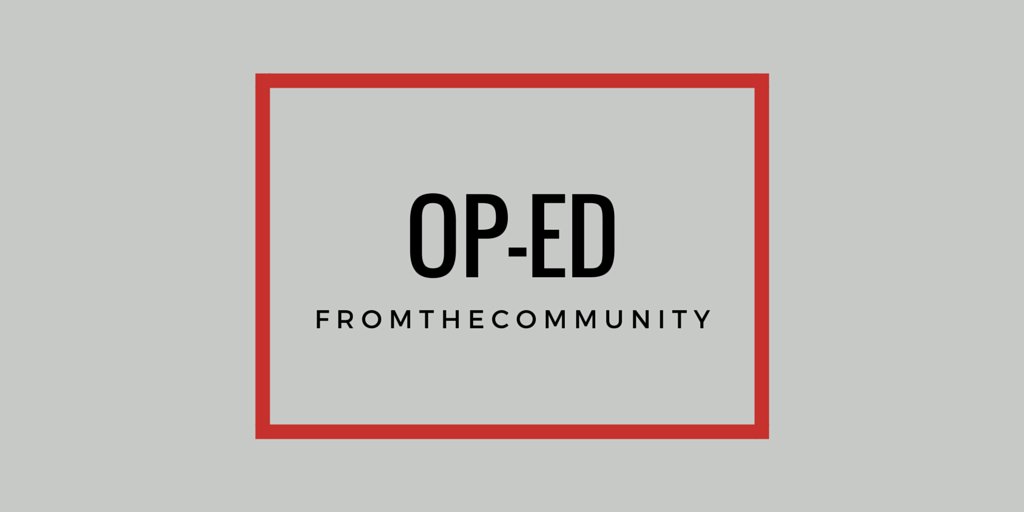Letter: DivestUMW lacks complete consideration of consequences
2 min read
Lauren Brumfield | The Blue & Gray Press
By MATTHEW GOOD
Over the course of the past several weeks, divestment has reemerged as a forefront issue on several college campuses. Student advocacy groups like DivestUMW here at the University of Mary Washington seek college administrations to remove institutions’ investments in fossil fuel companies. However, I argue, they fail to completely consider the consequences of their demands.
Many students’ educations are funded in part by the returns of their parents’ portfolios. I’m sure there are members of DivestUMW who are a part of that demographic, and the likelihood of said portfolios containing companies like Exxon Mobil is very high. The simple truth: it works. Investments in energy and other fossil fuel-related companies have traditionally yielded large returns, making them a staple in the books of citizens, colleges, and other organizations.
This money has allowed for scholarships, projects, and countless other improvements that otherwise would not have been possible. Personally, a sizable percentage of my college fund is a result of direct and indirect investments in fossil fuels by my parents and their broker. Why is the focus solely on institutional divestment and not individual? Is it just easier to have the University take the responsibility of an issue that we should all bear?
With current oil prices, it may be easy to rationalize a relatively painless process for the University to divest, but with a lack of readily available information as to the size and scope of current investments from the University or the UMW Foundation, the impacts could be grossly underestimated.
As with many extra or unforeseen expenditures experienced by colleges, tuition hikes, additional fees and program reductions are endured by students in order to balance the books. This begs the question, are we prepared to make college less affordable if it means assuaging our consciences?
I wholeheartedly agree that we as a society need to break our dependence on fossil fuels, and fast, but nothing can be accomplished with heavy rhetoric and no plan. Meaningful change comes from the bottom-up, not the top-down. I would suggest that DivestUMW and the entire Mary Washington body direct their passions into reducing consumption, increasing efficiency, and making smarter environmental decisions.
If divestment turns out to be a part of that plan, it should be undertaken with the utmost of confidence that it is the right decision, and that it is making changes for the better for the university.
Sincerely,
Matthew Good












The end of your piece sort of contradicts the rest of it if you really think about it. The ultimate goal of Divest, I believe, is the betterment of our climate. These decisions aren’t easy, but action needs to happen now. The point of their asking for a subcommittee last year was to ensure that the decision was made correctly. Unfortunately not even that could happen. That’s why Divest is making a strong comeback.
lol
Well it must be nice to have parents that pay your college bills, had the money to put away years ago, and a stock portfolio with a broker that takes a fine percentage no doubt..
Besides your already over played privilege, your Exxon example is really bad. It simply doesn’t work. If you or your parents or your broker had been paying attention over the last year alone, Exxon Mobile (XOM), has fallen somewhere in the 15-20% range, as well as most other oil stocks have taken heavy hits with the global glut of oil. Additionally compared to the S&P 500 benchmark index (SPY) the 5 year return on investment for Exxon is 9% and the S&P is 68%. My advice; get a new brokerage. So had we divested when DivestUMW had requested it we could have been significantly better off.
Which leads to the final point; the UMW Board refuses to release information pertaining to what our specific investments are in. So that makes it kinda hard to even determine what specific actions to call for. But look how twisted this has gotten; they just asked for a committee to examine and ascertain the facts of divestment, such as what the investments in fossil fuels actually are, what the costs of divestment would be, and that coal would be divested first.
If your parents knew anything about investments, which you clearly don’t, a well diversified portfolio is the most successful way to go. A traditional portfolio is usually no more than 3% fossil fuel based and replacing those stocks with other options will effect your returns in a minuscule way. How about instead of writing letters about your privilege you reflect on how lucky you are to have an safe drinking water, clean air to breathe, and easy access to the earth’s bounty? Then, ask how these people who don’t have these basic rights feel that you are condemning them to a life with unsafe drinking water, dirty air, and hunger in the name of slightly higher returns. Lastly, get rid of your broker and put your money in an index fund. Your parents are wasting their money on that sorry excuse of a financial advisor.